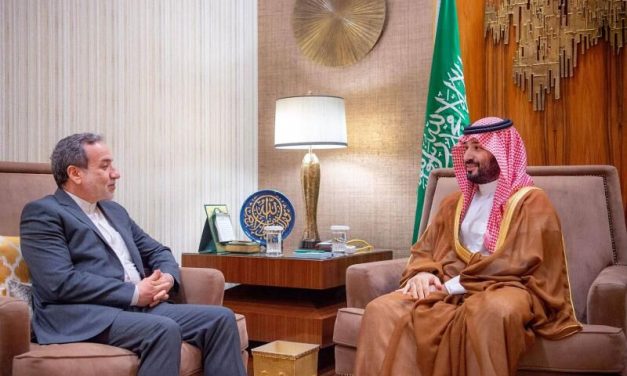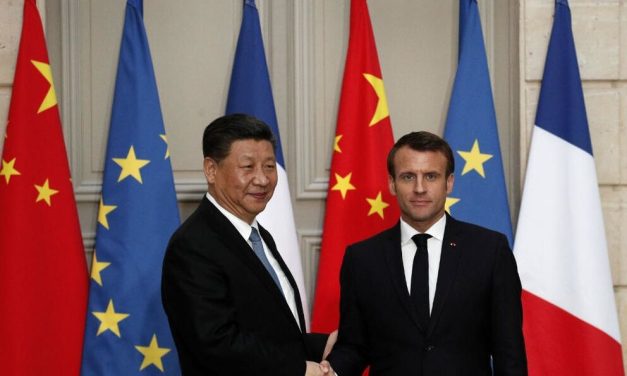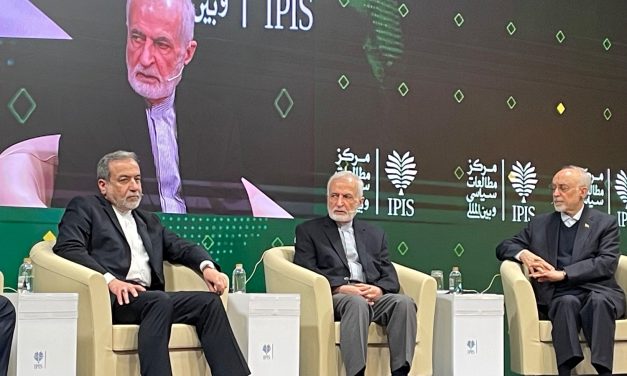Dr. Seyyed Kamal Kharrazi called the conference timely because of the current positive developments in the region and said: the Islamic Republic of Iran, having gained rich experience in its defense against Iraq’s aggression and the intelligent leadership exercised by Ayatollah Khamenei, the Commander in Chief, has been able to develop the country’s defense capability, relying on its internal human and material resources in producing all kinds of smart modern weapons without any foreign aid, to maintain the independence and security of the country and to fight against terrorism, confront foreign interventions, and defend the oppressed.
The President of the Strategic Council on Foreign Relations said: Despite the sanctions and maximum pressures imposed by the United States, the Islamic Republic of Iran has been able to develop its semi-hard and soft powers, and have economic, political, cultural, scientific, and technological achievements, believing that a smart combination of powers can establish the country’s position in the New Regional and World Order. For this reason, the Supreme Leader of the Islamic Revolution, who sets up the general strategies and policies of the country, has made the Iranian government responsible for developing all needed power components.
Dr. Kharrazi referred to the case of the Soviet Union, which was a rival of the United States regarding military power, and said that its collapse was because of its economic, political, and media decline. He added that China did not confront the United States until its economic, scientific, technological, and media powers were developed. Today, China has even developed its media power by producing Tik Tok social network, which the United States considers to be a threat to its national security. After all these achievements, China is pushing for a New World Order. In the meantime, North Korea has strong military power, including access to nuclear weapons, but cannot claim a place in the future New World Order because it is not an economic, cultural, or technological power.
Dr. Kharazi went on to say that, of course, obtaining semi-hard and soft powers, which belong to human and social fields, are very difficult due to the many components involved in those areas, and reducing those components into a limited number and developing a model for their prediction does not necessarily work. Therefore, one should be more cautious in using the word “engineering” and better to use the word “emergent” in human and social areas because in chaotic fields, according to the butterfly effect, a small change can cause significant changes eventually.
In closing, by referring to the developments in the sensitive region of West Asia, the President of the Strategic Council on Foreign Relations said that until now, there have been many conflicts and competitions in our region, often caused by foreign interference. Today we are witnessing maturity in the region in resolving the existing disputes, which should be taken as a good omen. In other words, the regional powers have concluded that security and economic progress in this sensitive region is contingent on resolving disputes, strengthening regional cooperation, and developing the necessary security mechanisms, without the interference of foreigners.










0 Comments